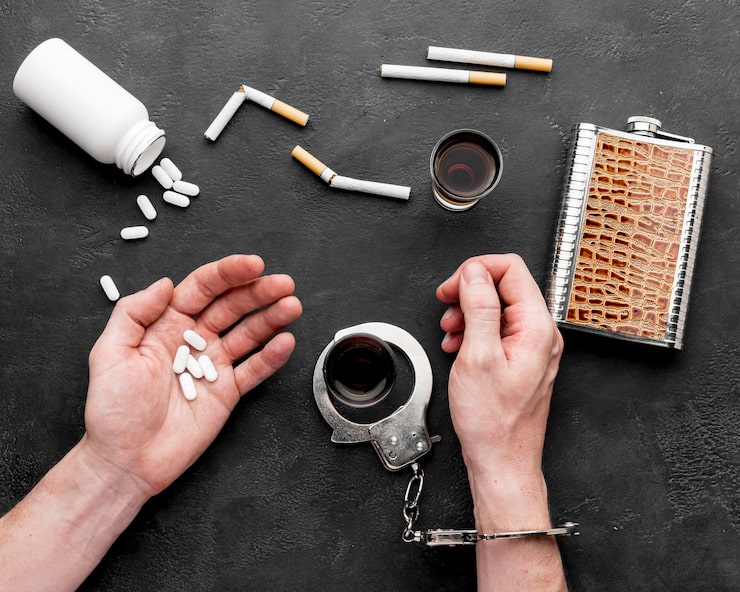Addiction is a complex and often misunderstood condition that touches many lives. Recovery isn’t a straight line; it can be winding and full of challenges. Still, it’s a path of growth, self-discovery, and healing. Below we look at what recovery often involves and how people can understand and move beyond addiction.
Understanding addiction
Addiction isn’t just a lack of willpower or a moral failing; it’s a medical condition shaped by biological, psychological, and environmental factors. Seeing addiction as a disease helps reduce stigma and highlights the need for professional care and compassionate support. That shift opens the way to approaches that address root causes and offer real hope for lasting recovery.

The first step: acknowledgment and acceptance
The first important step is honestly admitting there’s a problem and accepting that professional help may be needed. This recognition lays the groundwork for change and helps create an environment where asking for help is accepted and encouraged.
Building a support network
Recovery isn’t something to face alone. Friends, family, therapists, and support groups can offer encouragement, understanding, and strength. This network acts as a safety net during hard times and helps people feel connected through shared experience, which is vital to healing.
Professional treatment and therapy
Many people need professional care to recover. Depending on the situation, treatment may include detox, therapy, medication, or a mix of these. Effective plans are tailored to the individual, taking into account their type of addiction, mental health, lifestyle, and goals. Evidence-based therapies—like cognitive-behavioural therapy and motivational enhancement—led by trained professionals give people practical skills to handle challenges and build a stable recovery.
Developing coping strategies
Recovery involves learning new ways to manage stress, emotions, and daily life without turning to substances or harmful behaviours. This can include mindfulness, hobbies, regular exercise, and other healthy activities that support wellbeing. A reliable set of coping tools helps people face life’s ups and downs with greater confidence.
Understanding relapse
Relapse can be part of the recovery process and shouldn’t automatically be seen as failure. It’s a chance to learn—identify what triggered it and adjust the plan to avoid similar setbacks. That understanding can build stronger resilience over time.
Focus on holistic well-being
Recovery means more than stopping substance use; it means building a balanced, fulfilling life. Paying attention to physical health, mental wellness, relationships, and personal growth supports lasting change and a fuller sense of wellbeing.
The importance of time and patience
Recovery takes time. It’s a steady process that needs patience, persistence, and commitment. There will be tough days and setbacks, but with ongoing effort and support, real progress happens. Small steps forward, even on hard days, add up and move you closer to your goals.
Celebrating success
Every step forward is worth celebrating. Whether it’s one day or one year without setbacks, recognizing progress boosts motivation and confidence. Taking pride in achievements—big or small—helps sustain momentum toward a healthier life.
A lifelong commitment
Understanding and overcoming addiction isn’t a one-size-fits-all journey or a final destination; it’s an ongoing commitment to growth, health, and fulfillment. That commitment includes seeking professional help when needed, building a strong support network, learning new coping skills, and taking a whole-person approach to wellbeing. The path can be hard, but the rewards are deep: recovery opens the door to a life with more freedom, purpose, and joy. If you or a loved one are ready to take the next step, speak with an addiction specialist like Help4Addiction to get started today.